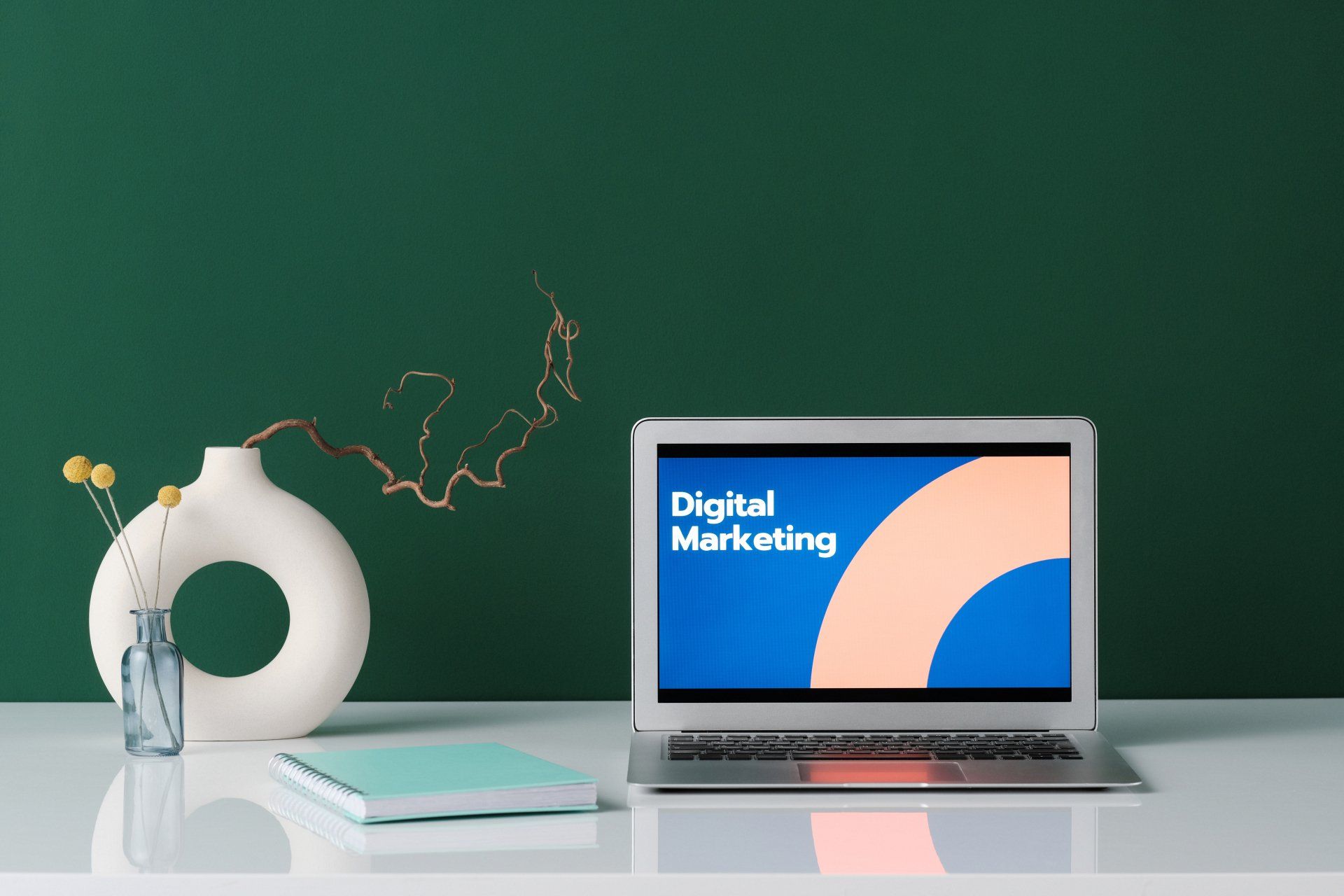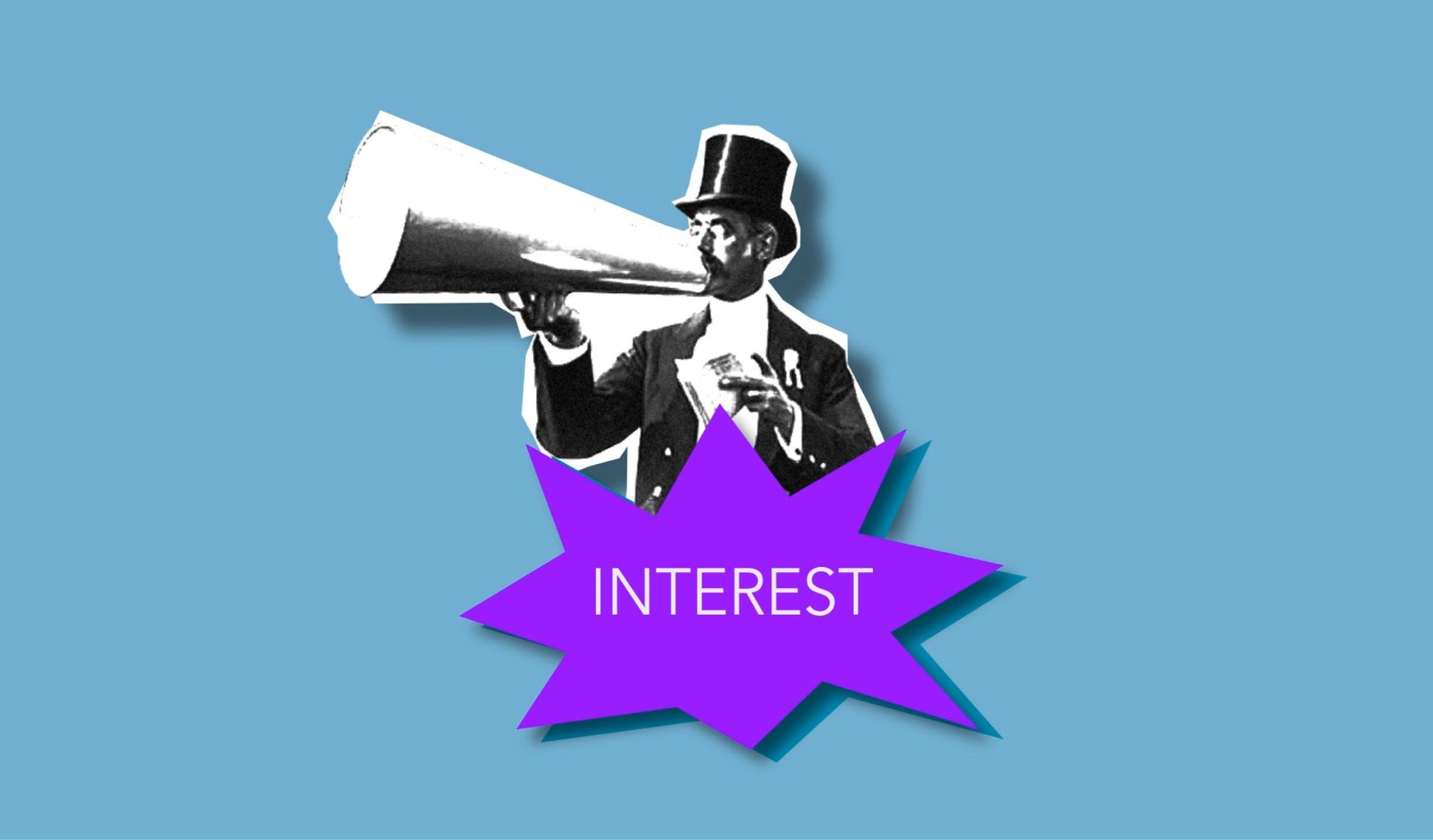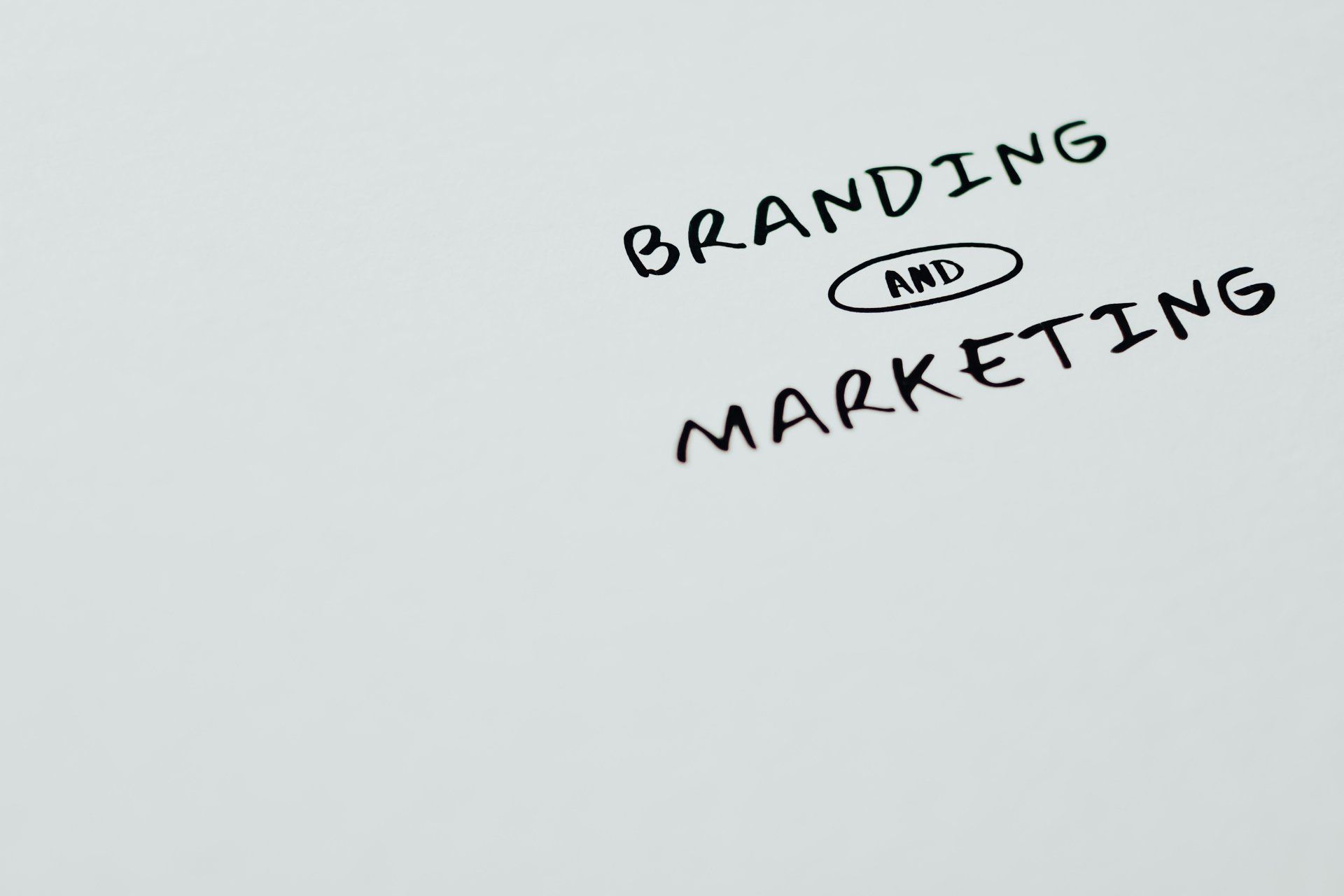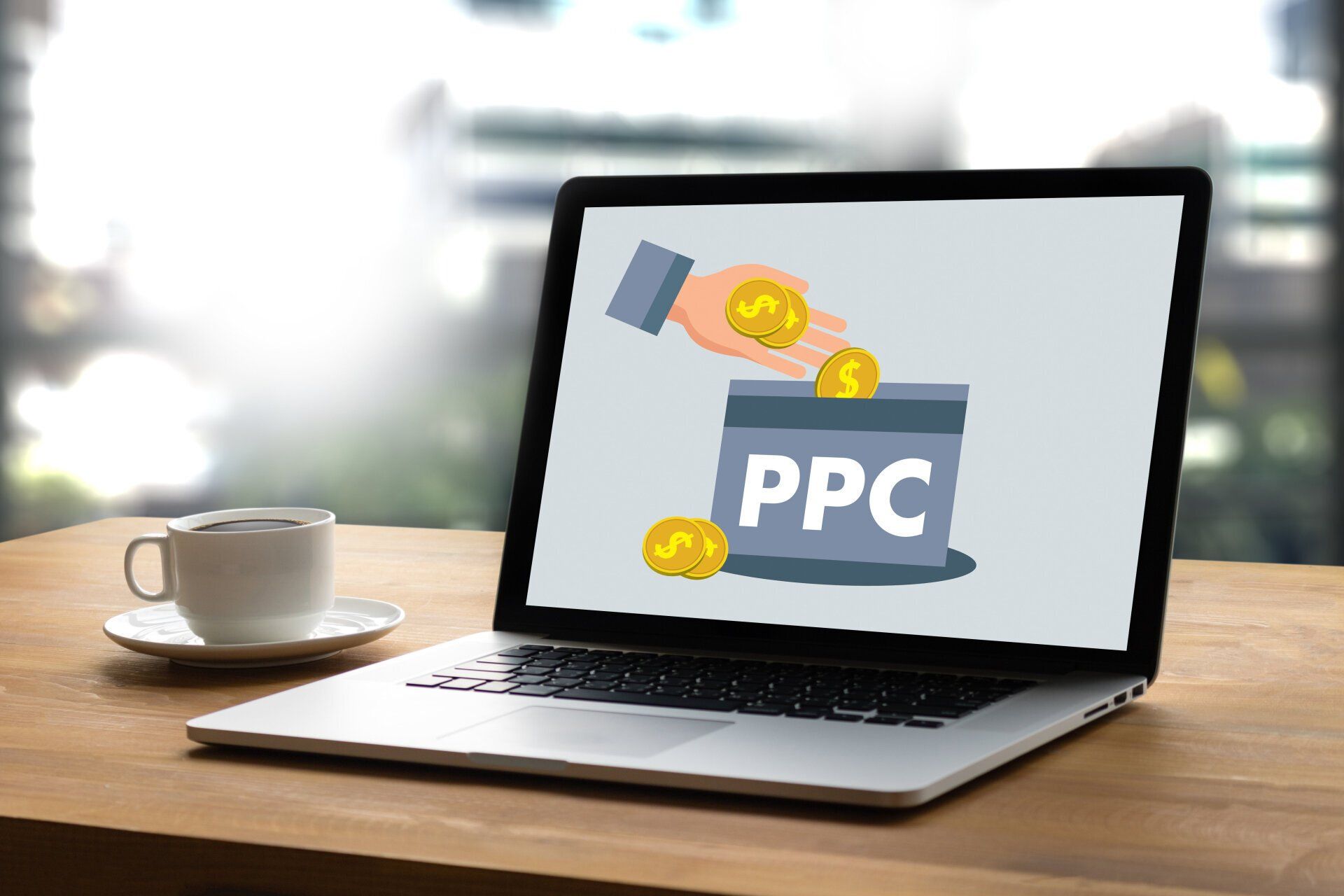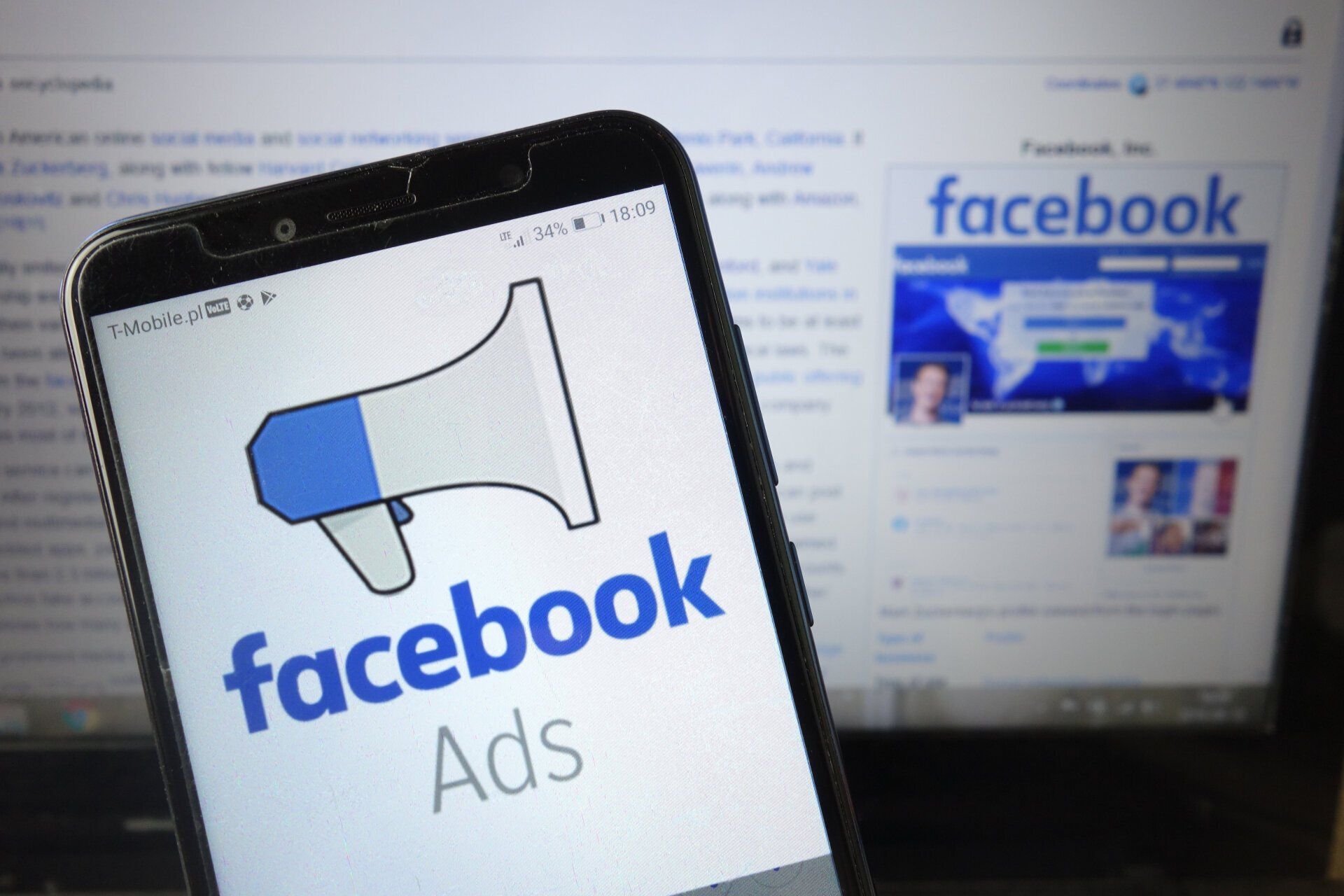SEO vs PPC
SEO vs PPC
Introduction
As a small business owner, it's important to understand the difference between SEO and PPC so you can decide which is best for your business. If you're new to advertising, these definitions might not be as clear-cut as they seem! We'll discuss why each method works in its own way and how to choose the right one for your needs.
SEO is the process of optimizing your website to get better rankings in search engines.
SEO is the process of optimizing your website to get better rankings in search engines. It's a long-term strategy that requires patience and persistence, but it can be more effective than PPC advertising when you're looking to generate traffic to your site.
There are many aspects of SEO, including:
- Keyword research - choosing which keywords you want to target and finding the ones that have the most potential for generating traffic and conversions (i.e., sales).
- On-page optimization - making sure that all pages on your site are optimized so they rank well in search results pages (SERPs). This includes things like having keyword-rich content with relevant links back to other content on the page or site, as well as adding meta descriptions so Google knows what each page is about before users click through from SERPs (this helps them determine whether this particular result should show up at all).
PPC is the process of paying to place ads on websites, social media and other platforms.
PPC is the process of paying to place ads on websites, social media and other platforms. It's a great way to drive traffic to your website, especially if you're looking for specific audiences or keywords that aren't being reached organically (that is, by search). You can choose how much you want to pay per click or impression and target specific demographics like age range, gender and location.
SEO takes a longer time to see results but has more impact and usually more conversions.
SEO is the process of increasing the visibility of your website or page in search engine results. It's usually done by creating content that's relevant to what people are searching for, and then promoting it through different channels.
PPC stands for "pay per click." It refers to advertising on social media platforms like Facebook and Twitter, as well as Google Adwords (which we'll talk about below). PPC ads typically appear in a sidebar on websites or at the top of search results when someone searches for something specific like "SEO tools," so those who see them may not even realize they're looking at an ad rather than regular organic content from another user on social media sites like Facebook or Twitter.
Most people see an initial spike in traffic from a PPC campaign, but it dies out quickly and requires constant work.
When you run a PPC campaign, the initial spike in traffic can be very effective at driving visitors to your website. However, this initial boost is often followed by a plateau and then a decline as users either click away or become disengaged with the ads they see on their screen. This means that while PPC may be effective at driving traffic in the short term, it's not sustainable over time.
It's also expensive: according to research firm eMarketer, US advertisers will spend $34 billion on pay-per-click ads this year--and that number will only continue to grow as time goes on! That makes it hard for small businesses with limited budgets to compete effectively against larger companies who have more resources available for marketing purposes.
The main goal for most businesses is sales, so it's important to know what your goals are before choosing an advertising method.
It's important to know what your goals are before choosing an advertising method. If you want to see results quickly, PPC is a good choice. But if you want long-term results, SEO is probably better for you.
Let's say that as a business owner or marketer, your goal is to get more customers and make more sales. You could choose to do this by using either SEO or PPC--or both!
There's no one-size-fits-all solution when it comes to advertising
When it comes to advertising, there's no one-size-fits-all solution. Both SEO and PPC can be effective when you know what you're doing and have a clear goal in mind. While SEO is a longer term investment (which means you'll have to wait longer for results), it also tends to be more effective because Google has better search results than Facebook does. On the other hand, PPC campaigns are great for getting immediate results at a much lower cost than SEO--but they can get expensive quickly if not managed properly!
It's important to understand how each form of advertising works before deciding which one is right for your business goals and budget; knowing what kind of content people want will help determine whether or not they'll click on an ad from Google or Facebook when searching online."
Conclusion
We hope this article has given you a better understanding of what SEO and PPC are and how they can help your business. Whether you decide on one or both, it's important to remember that there's no one-size-fits-all solution when it comes to advertising. What works for one company may not work for another because each business has different goals and budgets.

